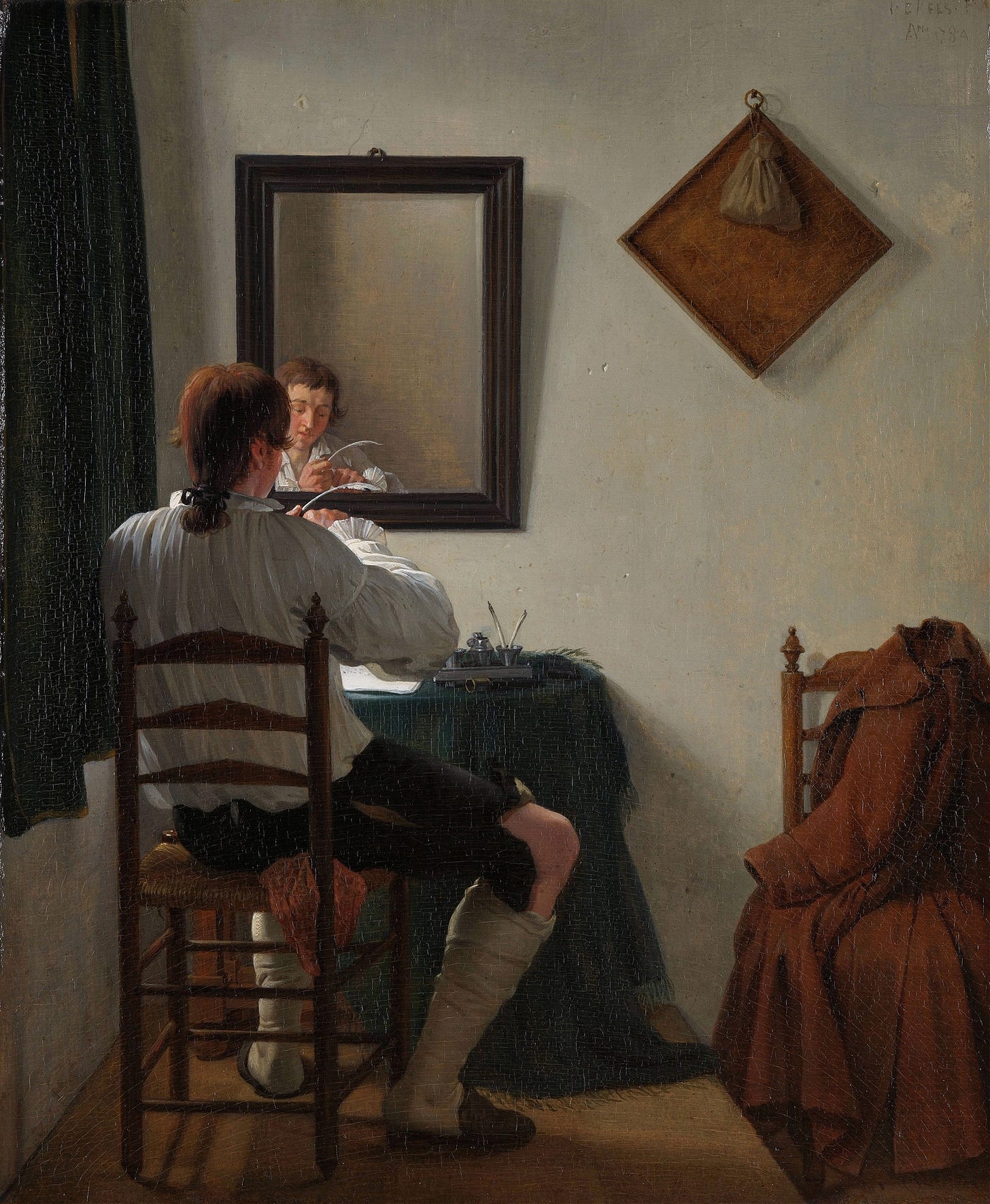"I never thought I was the kind of person to fall for a scam"
Two essays, three theories.
The journalism industry may be dying, but the personal essay is alive and well — at least judging by the response to two published last week.
Emily Gould’s “The Lure of Divorce,” published in New York Magazine’s The Cut, broke brains, if not hearts, on Valentine’s Day. The former Gawker editor descr…




